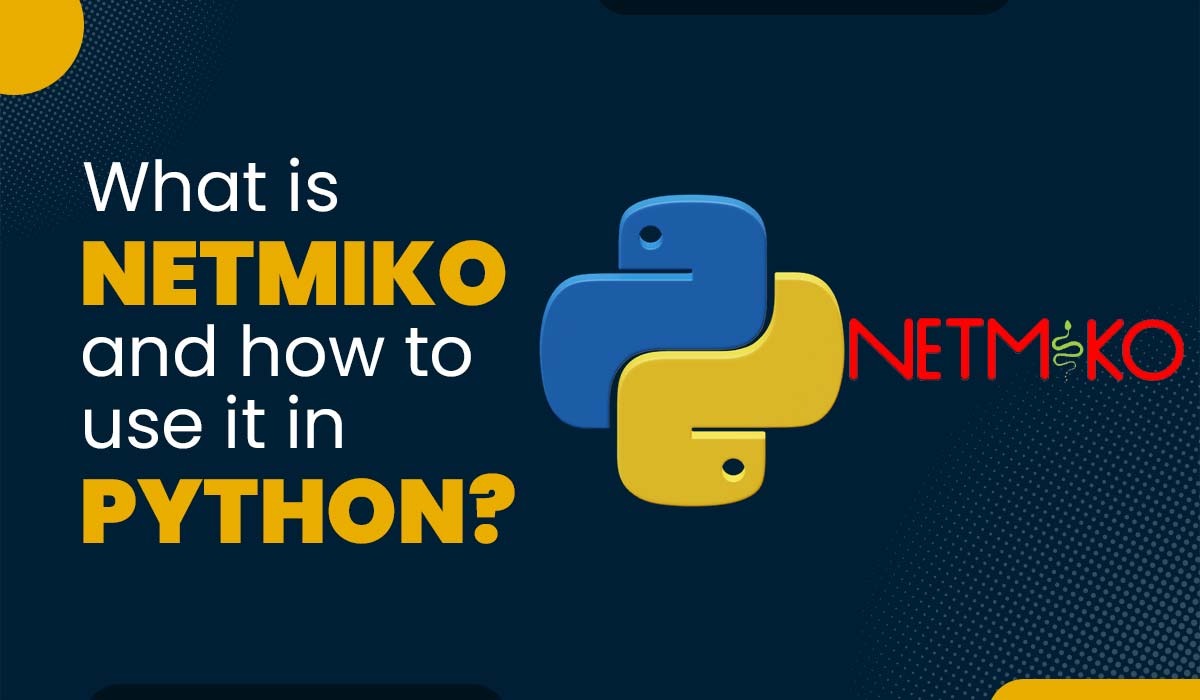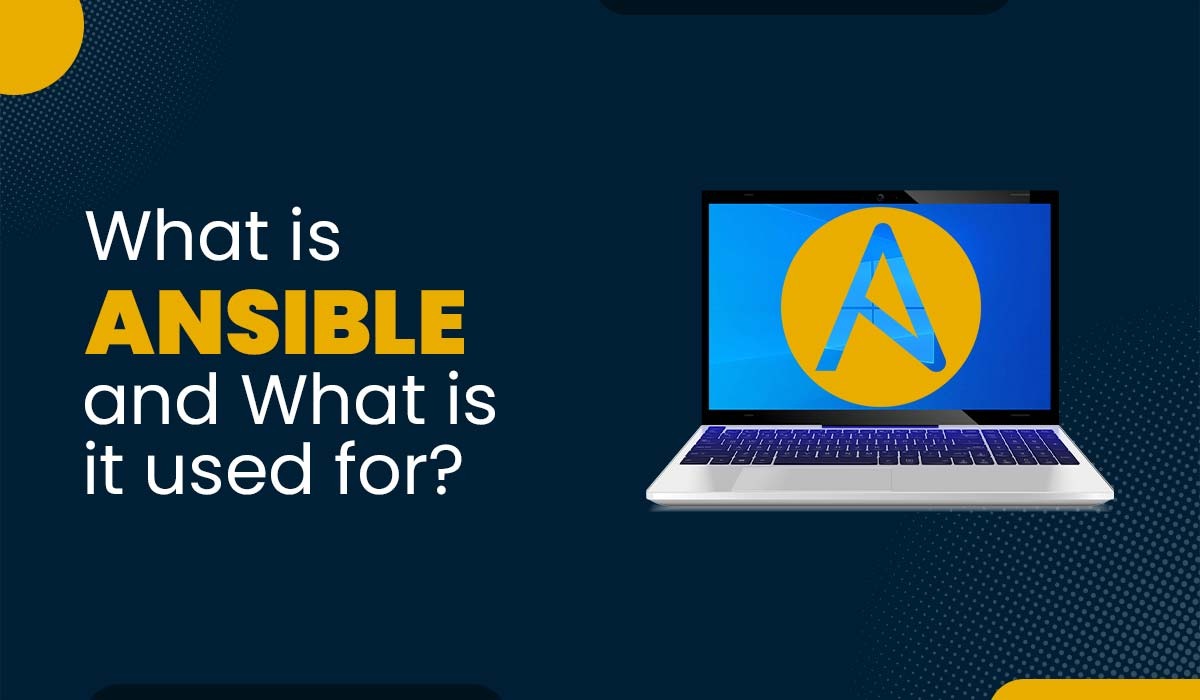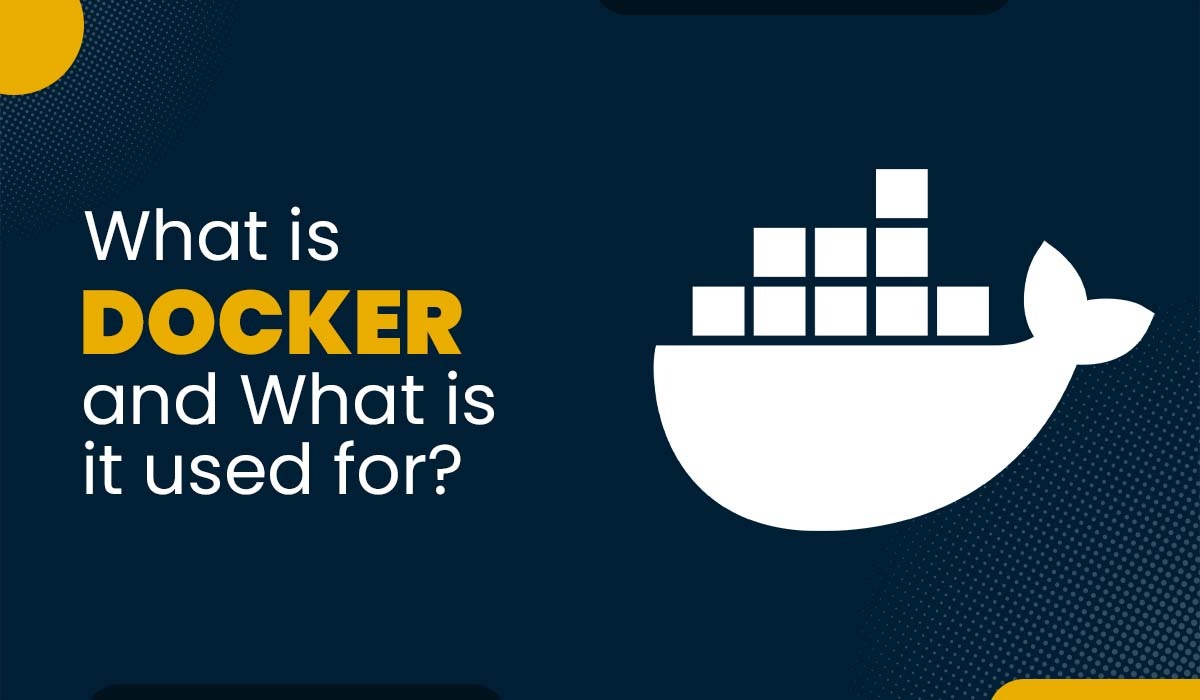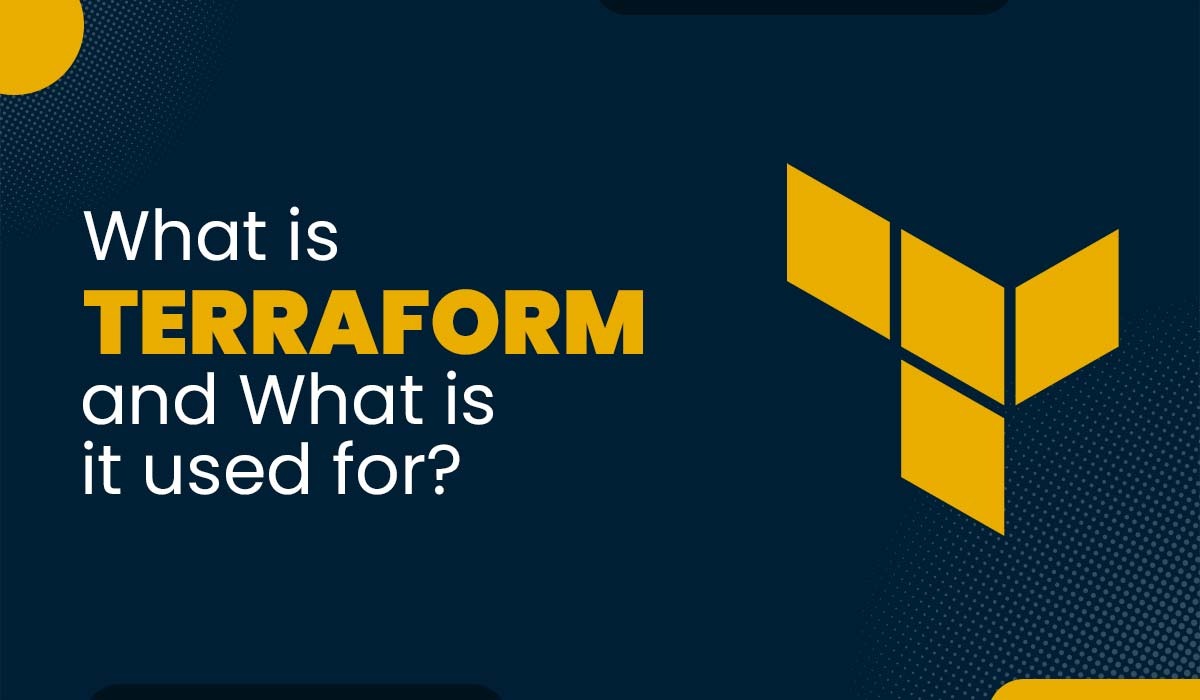Who is eligible for DevOps?
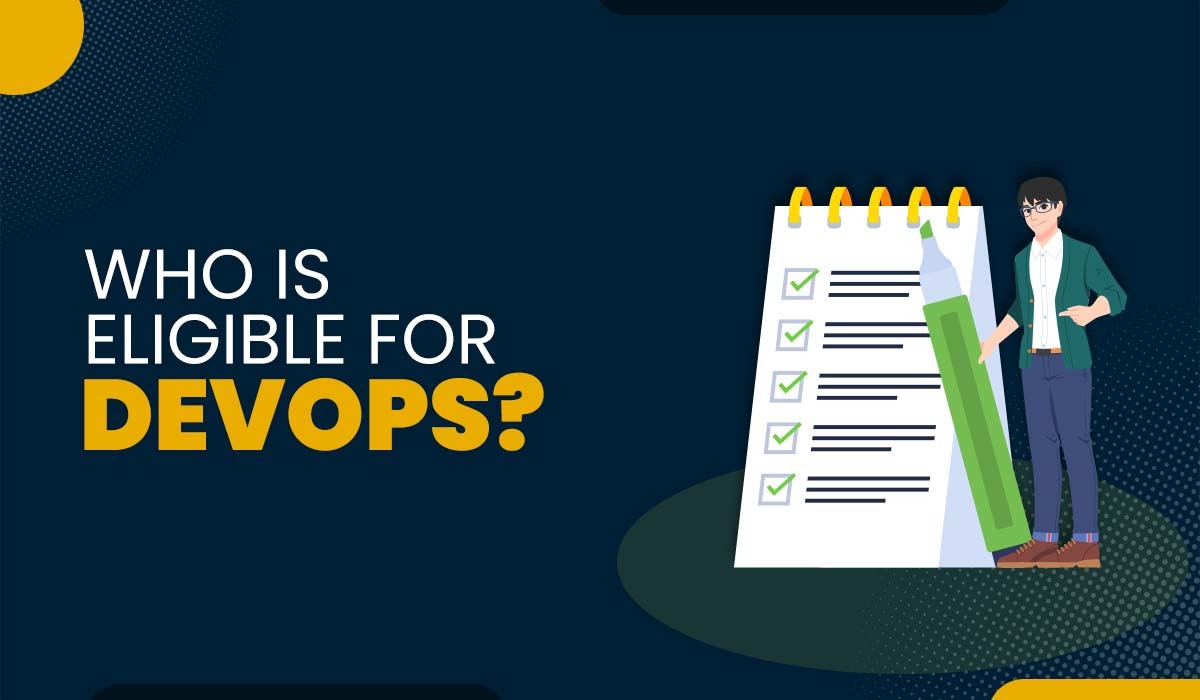
DevOps is a rapidly growing field that combines software development and IT operations. It aims to improve collaboration and communication between development and operations teams, which can result in faster and more efficient software delivery. As companies look to stay competitive in an increasingly digital world, the demand for DevOps professionals is on an all-time high. But the question that remains is, who is eligible for DevOps? In this blog post, we will explore the qualifications and skills required to become a DevOps professional, as well as the training and resources available to help you get started. Without any further a-do, let’s get started with the answer to the question, who is eligible for DevOps? DevOps Engineers help in simplifying the complete software development cycle. They compile the requirements of both teams i.e., the development and the IT operation team to deploy and manage the application. Before DevOps became popular among software development teams, developers would create code and hand it off to the operations team for server deployment. You can only imagine how messy was the process without the teams consulting one another. One can become a DevOps Engineer and close the gaps between the Development and the IT Operation team. To become a DevOps Engineer, one needs a bachelor’s degree in computer science, computer engineering, or a related field. However, that is not only enough to become a good DevOps Engineer rather a lot of other certifications is also needed which includes Amazon Web Services Certified DevOps Engineer or Microsoft Certified DevOps Engineer Expert. etc. DevOps engineers benefit from skills like: Now that we have seen what is a DevOps Engineer and what are the skills and requirement to become a DevOps Engineer. Now, let’s see who is eligible for DevOps. DevOps is a multidisciplinary field that requires a combination of technical and non-technical skills. To be eligible for a career in DevOps, you should have a solid understanding of software development and IT operations, as well as experience with automation and scripting. Additionally, it is important to have strong communication and collaboration skills, as DevOps is a team-based approach to software delivery. DevOps professionals come from a wide range of backgrounds and have diverse skill sets. However, there are a few key qualifications that are essential for a career in DevOps. These include: Anybody possessing these skills can move to DevOps and build a career in DevOps. So, the answer to the question, who is eligible for DevOps, is anybody having these skills. It can be a network engineer, a network automation engineer, a software engineer, or anybody with the skills mentioned above. Now, if you want to be a DevOps engineer, you might need help with other questions, such as can a non-IT person do DevOps? While a background in IT is helpful, it is not a requirement for a career in DevOps. Many DevOps professionals come from a background in software development or network engineering, but others may have experience in fields such as project management, operations, or even business. The key is to have a strong understanding of the software development process and the tools and technologies used in DevOps. So, in short, yes, a non-IT person can do DevOps, but they need to have the right mindset and willingness to learn and adapt to new technologies and processes. However, it is important to have a solid understanding of the technologies and processes involved in DevOps. Yes, a beginner can learn DevOps. DevOps is a relatively new field, and there are many resources available to help you get started. Many universities and training organizations now offer DevOps courses, and there are also many online resources and tutorials available. Additionally, many organizations have dedicated training programs to help new hires learn the skills and technologies needed for a career in DevOps. One such top training program is offered by PyNet Labs named DevOps for Network Engineers. This is the top-rated training program for any network engineer who is willing to switch to DevOps roles. Now, there are many ways to move to DevOps, and when we talk from the networking side, you should know that a beginner has to start their journey from CCNA. You can read this blog for more insights: Can I do DevOps after CCNA? However, if you are an experienced software engineer looking to transition into a DevOps environment, you must demonstrate that you have the necessary coding skills, the capacity to work in a team environment, and an understanding of the entire lifecycle of an application, not just how to code it. So, depending on where you start, the path to becoming a DevOps engineer will appear different. We hope now you have a clear map of how can a beginner learn DevOps. Move to the next section if you are a network engineer who is still wondering, how do I learn DevOps networking. You might also like – Is DevNet same as DevOps? Becoming a DevOps Engineers requires a lot of things including a bachelor’s degree, some hands-on experience, and lots of passion for writing code and solving the development issues. These are a few steps that one must follow while choosing DevOps as their career: Proficiency in coding is a must for one who wishes to become a DevOps Engineer. And for learning these skills one can take free or online paid courses and coding boot camps where they can learn programming fundamentals easily. Here are some of the common coding languages you must start with – Programming for the DevOps career includes an understanding of the data structures, which one can learn and practice through data analytics courses. Some of these essential programming topics include: 2. Understand Operating Systems In different organizations, they use several operating systems, including Windows, macOS, Linux, Android, and iOS so you need to familiarize yourself with these common operating systems. Grasping the concepts of operating systems involves both hardware and standard operations. 3. Acquire a bachelor’s degree The bachelor’s degree adds a point to your resume, and we can say that it is for employees good to have a bachelor’s degree as it shows that you are from a versatile educational background. Moreover, many employers make a bachelor’s degree mandatory criteria for applying. Bachelor’s degrees relevant to DevOps engineers comprise- 4. Certification is a must To demonstrate your skills in any organization one needs to gain some certifications to showcase skills. There are several DevOps certifications. Here are some of the important and in-demand certifications: Free DevOps certificate courses include: 5. Obtaining Hands-On Experience in DevOps Engineering: One must try to gain some experience, for becoming a DevOps Engineer and for this, start working with developers to understand how they are working. Grasping these concepts and processes will help you to prepare yourself for the DevOps role. If you work in IT right now, you can also start building code to automate present procedures. As an alternative, securing a DevOps, operations, or development internship can help you obtain practical experience. Here are some of the tips to get internships and other practical experience: 6. Apply for DevOps Engineer Jobs Most professionals are probably qualified for DevOps engineering employment after obtaining a degree, certifications, and experience. It’s time to demonstrate your knowledge now. When applying for DevOps engineering positions, you’ll need a strong portfolio that showcases your technical expertise, licenses, and degrees. If you already work in technology, talk to your boss about switching to a DevOps role. Finding employment as a DevOps engineer may be aided by prior experience and networking ties. Networking is an important aspect of DevOps, as it enables communication and collaboration between different teams and systems. To learn about DevOps networking, you should start by gaining a basic understanding of networking concepts such as IP addressing, subnetting, and routing. You should also learn about the different types of networks, such as LAN, WAN, and VPN. Additionally, you should gain experience with network-related tools and technologies, such as firewalls, load balancers, and VPNs. These skills can be achieved only after completing the related networking training programs, which brings us to another question, What training is required for DevOps? Let’s see the answer to that too. The training required for a career in DevOps will depend on your current level of experience and the specific role you are looking to fill. However, in general, you should have a solid understanding of software development and IT operations, as well as experience with automation and scripting. Additionally, you should have strong communication and collaboration skills, as well as experience with the tools and technologies used in DevOps. Depending on your background, you may need to take additional courses or training programs to gain the necessary skills and experience. If you are starting from the networking side, you have to start your networking journey with CCNA. After completing CCNA training, you have to take DevNet associate training to get acquainted with automation, automation tools, Python, and other skills required before moving to DevOps. After CCNA DevNet training, you can start training with DevOps for Network engineers’ course to master DevOps. So, to master DevOps, a network engineer must follow these steps. For more clarification, you can read this blog – Network Automation with DevOps DevOps courses are open to IT professionals, software engineers, operations personnel, project managers, QA professionals, and IT managers seeking to adopt DevOps practices. While there are no strict eligibility requirements, a background in IT or software development can be beneficial. Course-specific prerequisites may apply. DevOps is suitable for software development teams, IT operations professionals, and organizations seeking improved collaboration, streamlined processes, and faster software delivery. It benefits individuals involved in development, operations, quality assurance, project management, and organizations of all sizes, from startups to enterprises. Some essential skills required for DevOps include proficiency in scripting and automation, knowledge of version control systems, understanding of infrastructure and cloud platforms, experience with CI/CD pipelines and tools, and strong collaboration and communication skills. The minimum requirements for DevOps typically include a solid understanding of software development processes, basic knowledge of operating systems and networking concepts, familiarity with scripting languages such as Python or Bash, and proficiency in using version control systems like Git. In this blog we have discussed, what is DevOps Engineer, who is eligible for DevOps and answered most questions related to it. DevOps is a rapidly growing field that offers many opportunities for professionals with the right qualifications and skills. While a background in IT is helpful, it is not a requirement for a career in DevOps. With the right training and experience, anyone can learn the skills needed to become a DevOps professional. With the growing trend of digital transformation in the industry, the opportunities for those in the field are endless.Introduction
What is a DevOps Engineer?
DevOps Engineer Requirements and Skills
Who is eligible for DevOps?
Can a non-IT person do DevOps?
Can a beginner learn DevOps?
How to become a DevOps Engineer?
How do I learn DevOps networking?
What training is required for DevOps?
Frequently Asked Questions
Q1 – Who are eligible for DevOps course?
Q2 – Who is suitable for DevOps?
Q3 – Which skill is required for DevOps?
Q4 – What are the minimum requirements for DevOps?
Conclusion

